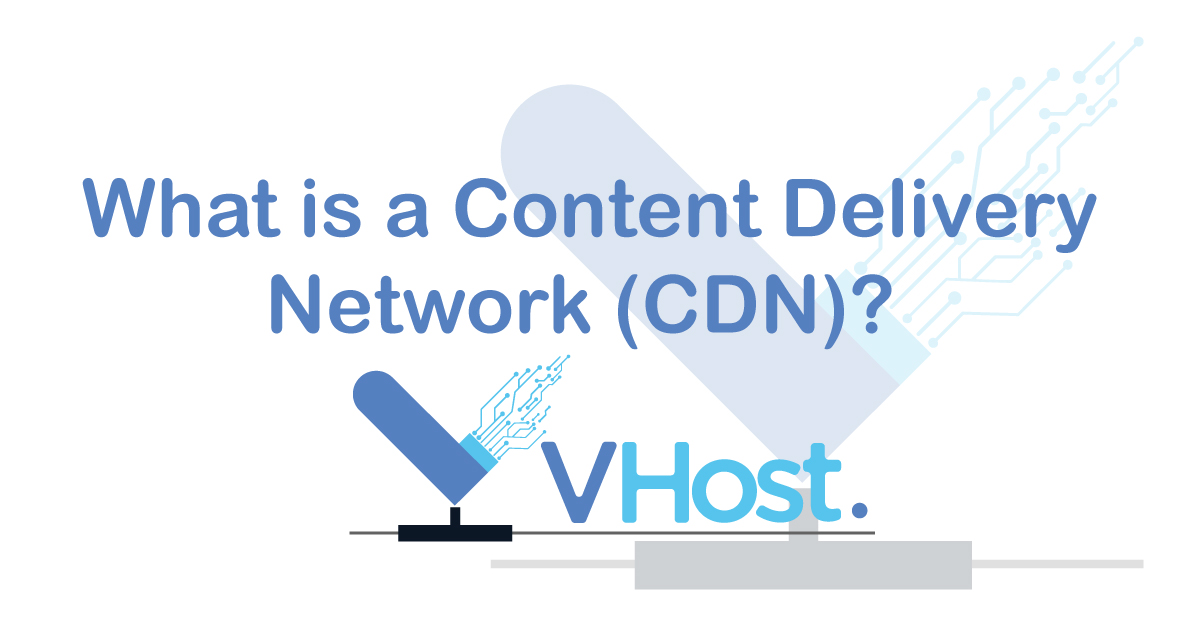What is a CDN?
A content delivery network is a group of servers geographically distributed, allowing for a quick transfer of assets needed for websites such as loading content including javascript files, stylesheets, images, and videos.
CDN can also stand for content distribution network, this network allows users to view website content even if they are far from the main server network.
Is a CDN Important?
The main purpose of CDN is to reduce delay or latency in communication, the nature of communication to make requests going from the client to the server and with responses coming back makes it a two-way type. The internet is a complex and global invention, which means it has to move over large physical distances.
The CDN server improves efficiency by placing servers at the exchange points between different networks.
Keeping a website online is a critical component for anyone with an internet property, anything that can bring down a web server and prevent users from accessing a site or server must be avoided at all costs.
What are Internet Exchange Points (IXPs)?
IXPs are the common grounds of IP networking, this is a physical location where internet infrastructure companies meet to connect with each other.
CDN’s place data centers at strategic locations across the globe to enhance security and to survive various types of failures and congestion on the internet.
What are the benefits of CDN?
- Improve Load Times – The moment a website slows down, users drop it off as quickly as they can. CDN typically reduces file sizes by using tactics such as minification and file compression to make websites load quicker this includes reducing bounce rates.
- Optimize Connection Reuse – CDNs speed up sites that use the TLS and SSL certificates by enabling TLS false restart and optimizing connection reuse.
- Improve Website Security – A CDN can improve your website security by providing DDoS mitigation and other more optimizations.

